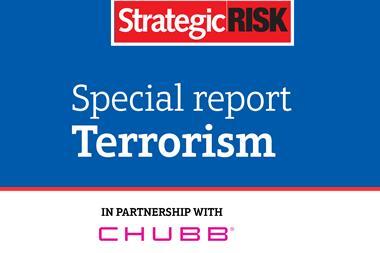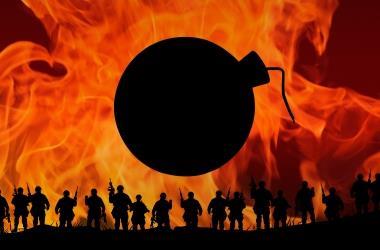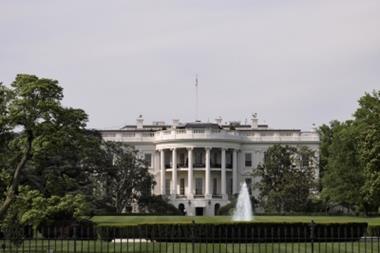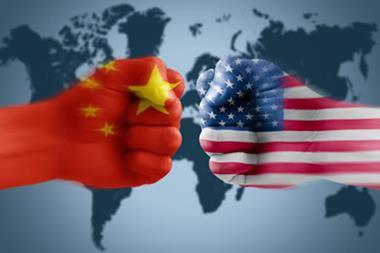Risk managers urged to manage their credit risk and building resilient supply chains

Multinationals’ exposure to global credit and political risks continues to grow and their risk managers must now be prepared for virtually any type of political or economic threat in both developed and emerging markets, Marsh said in its Political Risk Map 2016.
The map highlighted some of the top political risks facing businesses in 2016, in no particular order, such as terrorism, struggling emerging economies like China, Brazil and Russia, and falling commodity prices.
Marsh also mentioned the 2016 US presidential election, as the election campaigns strongly focus on foreign relations and defence policy; and anti-establishment parties in many European countries, which are calling for tougher stances on immigration and defence amid the migrant crisis and following the Paris attacks.
More than 20 countries have aging, longstanding leaders but no clear plan or framework for the transition of power, creating what the report calls succession risks. Many countries also face pressures to grant more power to their regions, such as the separatist conflict in Eastern Ukraine, the Houthi rebellion in Yemen, and the referendum on the independence of Catalonia in Spain.
Lastly, Marsh expects to see continuing tensions between the world’s ‘great powers’ – the USA, Russia and China – and between these countries and various regional powers. This year, tensions could continue to build between North Korea and South Korea, China and Japan, China and the USA, Russia and the NATO, and Russia and Turkey.
Managing political risk
Multinationals can prepare for the increasingly risky geopolitical climate by managing their credit risk; building resilient supply chains; developing and testing crisis response plans; and protecting their assets via insurance.
“Despite the vast array of political risk issues facing foreign investors today, the market for political risk insurance – which can cover confiscation, expropriation, nationalisation, political violence, and other perils – has never been more robust and competitive,” Marsh said.




















No comments yet